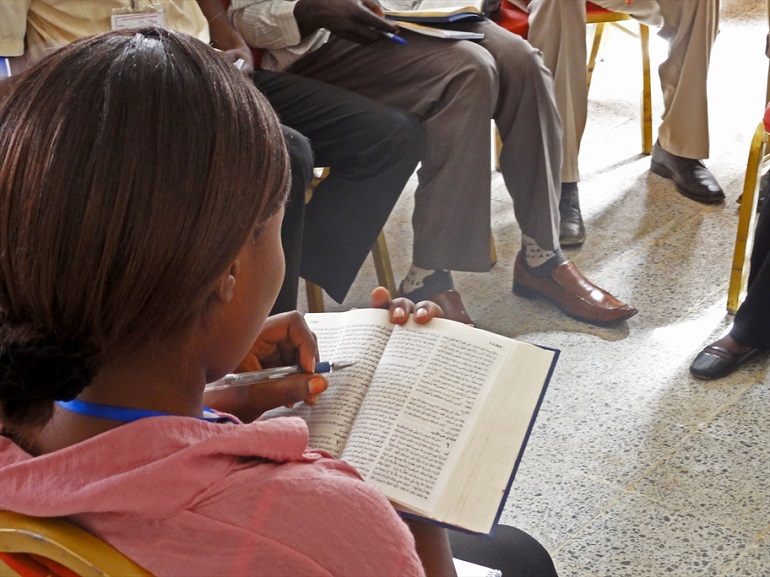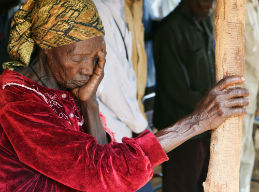Source: www.worldwatchmonitor.org
Date: August 18, 2020

Despite the abolition in July 2020 of Sudan’s apostasy law (under which the case of Christian doctor Mariam Ibraheem, sentenced to hang in 2014, became global headline news), a group of 29 Sudanese NGOs says that its transitional government’s amendments to many of its laws do not go far enough.
The umbrella group says that the new government has failed to consult grassroots groups and activists, including women, with the result that there are many flaws in the new Constitutional document.
The group particularly cites the 1991 Criminal Laws Act (President Al Bashir came to power after a military coup in 1989), to which amendments have been made to 35 Articles. It says there are positive changes, such as the abolition of Article 126 (the death penalty for leaving Islam) but point out “the amendments did not address many issues of personal freedom that continue to go unprotected. Rather, they included a clear violation of the principles of human rights contained in regional and international agreements and charters that Sudan has ratified”.
One example is that an amendment now allows non-Muslims to buy, sell and drink alcohol. But enforcement on the grounds of ‘religion’ may, the group says, “pave the way for a new wave of racism and discrimination between citizens”.
So the 29 NGOs itemize the changes they still want to see. They point out that rumours about the ‘abolition’ of the guardianship law – that required women to obtain permission from a male guardian to be able to travel abroad – are not true, because – despite an amendment in one law – the Personal Status Law 1991 still requires ‘permission from a male guardian’.
The amendments, the group says, mean women are still vulnerable to mistreatment by their husbands and by the police (whose reputation for their treatment, especially when they’re held in detention, is not good).
The group concludes the amendments in fact pave the way for the adoption of new types of discrimination on the basis of religion and allow for encroachment on freedom of belief, “once again criminalizing citizens – women in particular…The Personal Status Law, in all its complexities, the Evidence Law and its thorny articles regarding proving the crime of adultery and crimes of gender-based violence have remained unchanged and marriage of individuals as young as ten years old is still legal”. Public order courts are also still in place.

In summary, the group says “These amendments have upheld nearly all of the militant Salafi [Islamic] principles within the policies and laws from previous periods of Sudan’s history”, especially the past 30 years.
“We would also like to point out that the transitional authority’s attempt to rely on the references to the ‘true religion’ was discriminatory and baseless, as none…was accompanied by a serious study according to Islamic traditions”.
The Vice-Chairs of the US Commission on International Freedom, Tony Perkins and Anurima Bharghava, said when they visited Khartoum “A recent demonstration on June 30 showed a growing frustration with the slow speed of progress in the country. At the same time, ultra-conservative religious groups have raised concerns that certain changes contradict Islamic teachings”.
For the first time this year, Sudan is on the US State Department’s Special Watch List ‘due to significant steps taken by the civilian-led transitional government to address the previous regime’s “systematic, ongoing, and egregious violations of religious freedom”’, as opposed to the Country of Particular Concern it had been since 1999. The transitional government has appointed women to high-level positions, including two (a Muslim and a Christian) to its Sovereign Council, charged with overseeing the transitional period. Sudan now recognizes Dec. 25 as a national holiday and Sunday as a day off for church-run schools, all changes since a popular uprising overthrew President Al Bashir in April 2019.
